Folic Acid/ RBC Folate Reagent – Jaj International
22,000.00৳ Original price was: 22,000.00৳ .20,300.00৳ Current price is: 20,300.00৳ .
Brand : JAJ
Origin: USA
Packaging Size: Bottle
Number of Test : 96
প্রোডাক্টি কেনার আগে আমাদের সাথে যোগাযোগ করে প্রোডাক্টির বর্তমান দাম সম্পর্কে জেনে নিবে
| Weight | 2 kg |
|---|
Folic Acid/ RBC Folate Reagent – Jaj International
Folates are a class of vitamin compounds related to pteroyl glutamic acid (PGA), which serve as cofactors in the enzymatic transfer of single carbon units in a variety of metabolic pathways.1,2 Folate mediated one-carbon metabolism represents one of the most important biochemical reactions that occur in cells. Folates are necessary for nucleic acid and mitochondrial protein synthesis, amino acid metabolism, and other cellular processes that involve single carbon transfers.
Folates can serve as carbon donors or acceptors. Since different metabolic pathways require carbon groups with different levels of oxidation, cells contain numerous enzymes that change the oxidation state of carbon groups carried by folates2 resulting in different metabolically active forms of folate. The predominant form of circulating folate is 5-methyltetrahydrofolic acid (5-mTHF). A methyl group is transferred from 5-mTHF to cobalamin in the pathway that links metabolism of folic acid and vitamin B12.3
Folate deficiency can be caused by low dietary intake, malabsorption due to gastrointestinal diseases, inadequate utilization due to enzyme deficiencies or folate antagonist therapy, drugs such as alcohol and oral contraceptives, and excessive folate demand, such as during pregnancy. Because deficiencies of both vitamin B12 and folate can lead to megaloblastic (macrocytic) anemia, appropriate treatment requires differential diagnosis of the deficiency; thus, both vitamin B12 and folate values are needed.
Low serum folate levels reflect the first stage of negative folate balance, and precede tissue depletion. Low red-blood-cell folate values reflect the second stage of negative folate balance, and more closely correlate with tissue levels and megaloblastic anemia.
Only logged in customers who have purchased this product may leave a review.


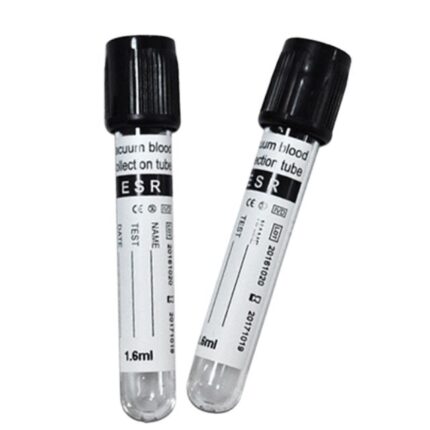
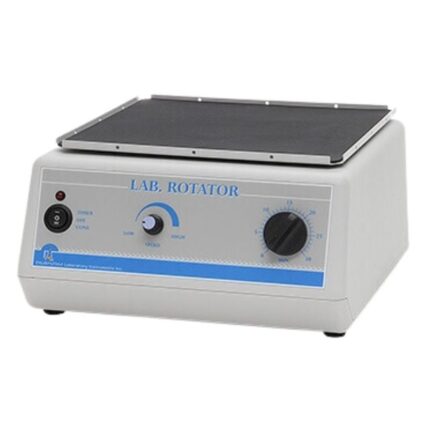
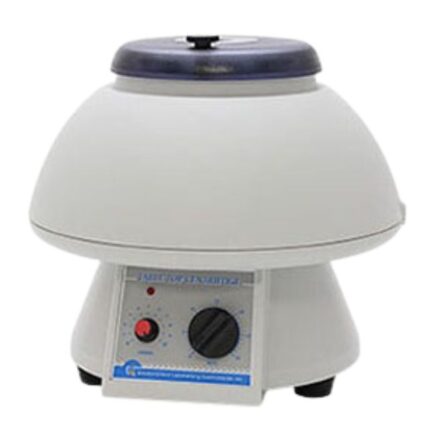
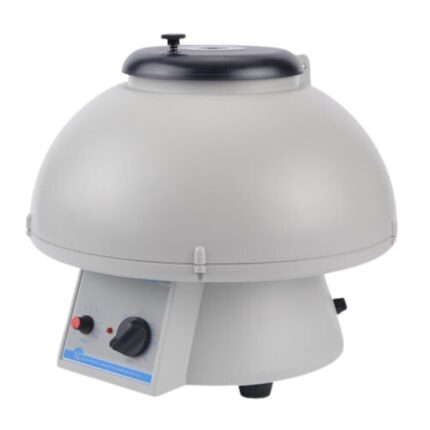
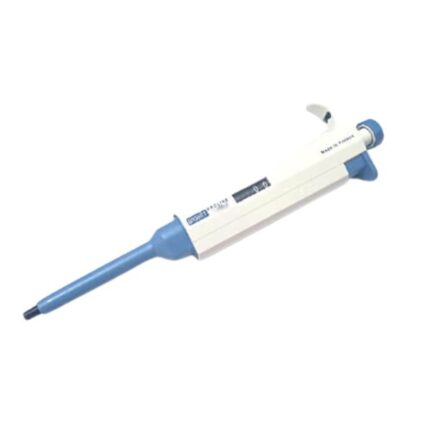
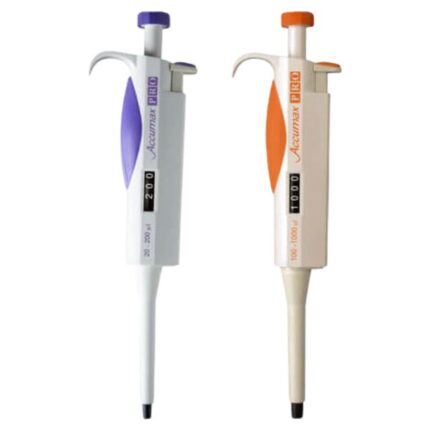
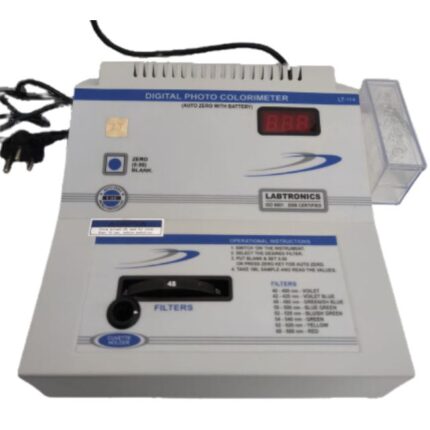
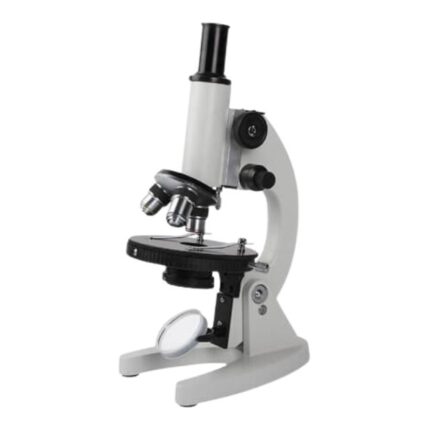

Reviews
There are no reviews yet.